Me and the face of the Indian
Stefan Pente, William Wheeler
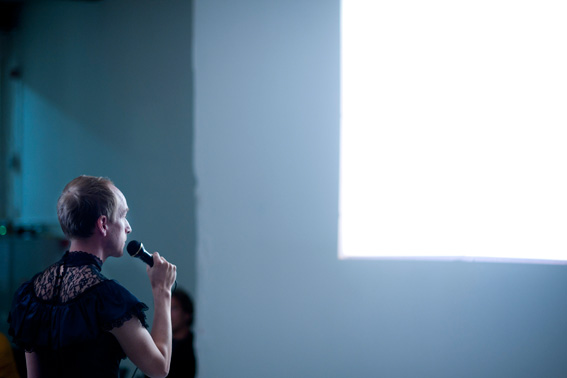
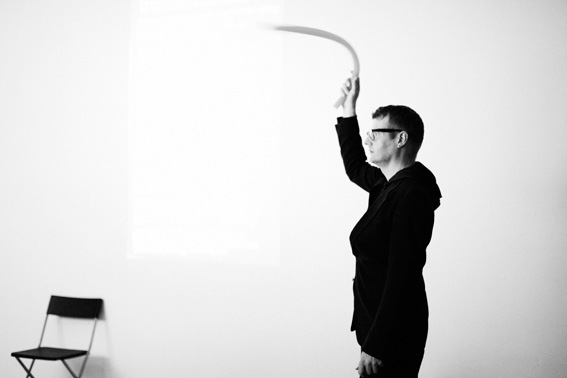
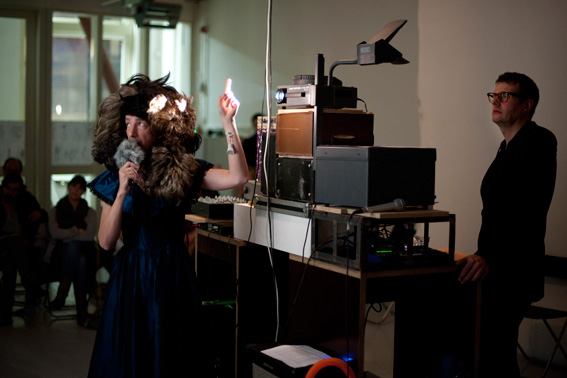
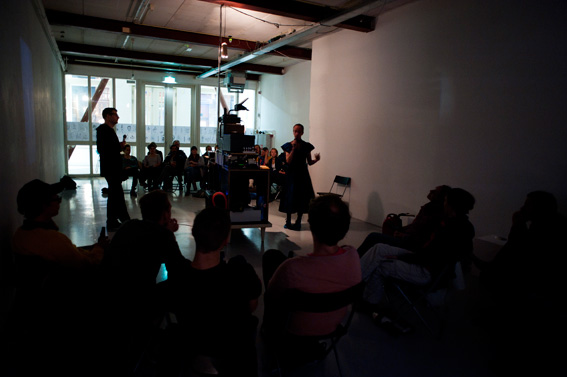
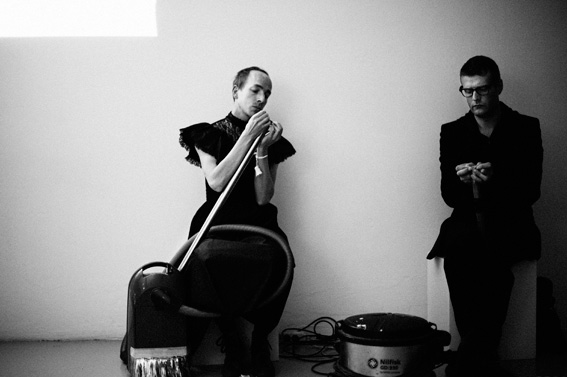



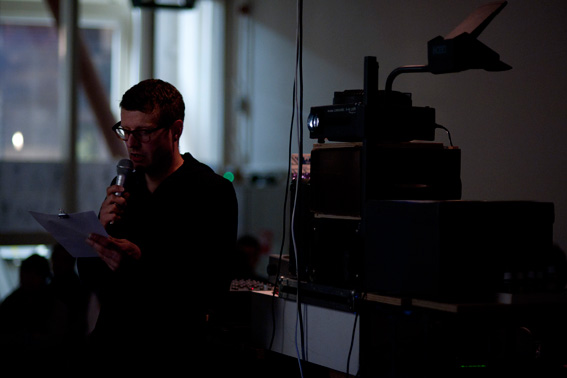
According to written records, the entrance to the Oracle at Delphi bore the inscription, „know yourself“ and „Nothing in excess“. Yeah yeah – who or what am I? The old question. It worries us our entire lives, sometimes more, sometimes less. I need this question in order to be sure of myself, and that which emerges is commonly called Identity. What is more, I can, as a matter of course, only describe myself within a relation (precisely who or what), a relation with my environment. How unimaginably at peace would the human being be if he could merge into a state of oneness with his environment, with ‚nature’? However, we know that whatever is described as identity unavoidably means a difference, a mixture of attributes that distinguishes me from my environment and my fellow human beings. And occupying the perspective of this event, for the moment I will stay with our fellow human beings.
I describe all others in the same way I am obliged to describe myself; and conversely, I am unceasingly described by these others. Whatever comes out in the process is seldom in my hands. And since we unceasingly require simplifications in order to handle life, group identities arise which exercise politics that are carried out as part of organized, collective life: man, woman, white, black, sick, healthy or even ‚from here’ or ‚not from here’, and so on. But we know that a significantly large number of people feel quite lousy inside of these superficial group identities, and that they are oppressed by them, de facto.
Could an identity politics attempt to emancipate people from their ascriptions and nevertheless simultaneously remain organisable? Could it scrutenise our reasons for needing these ascriptions and offer us alternatives? Art is able to play a central role in this politics because it has always already deconstructed seemingly established conditions and has constructed new ones out of them.
Stefan Pente and William Wheeler do exactly this: on this evening with Me, and the Face of the Indian, they will perform, with video, text and music, an excerpt from their investigations of superficial communities and into the fatal and traumatising consequences which could arise for certain individuals by sheer virtue of their being classified into a group identity. As is already specified by the title, they will do so with the help of a group who not only makes the hearts of children everywhere race – the whole „one with nature“ thing, and so on: the Indian. A name is supposed to refer to the identity of its holder. It is, however, well-known that everything, already with Columbus, began with a misunderstanding: the Indians were not Indians. Not at all.
Does one become an Indian or is one an Indian? For whom is it attractive to be an Indian and for whom is it quite awful? Pente and Wheeler are not so much concerned with the specifics of the „Native American“ or an artsy political correctness as they are with taking their own images of the Indian and exemplarily decoding them as staging and consumption of the exotic Other, while grasping them as potential for themselves. We cannot make defamatory images unseen or take them back, but we have influence on their use, their reproduction and their contextualisation. And under these conditions we can perhaps permit them to be reciprocally controverted and dismantled. How!
In their own respective individual work as well as in their cooperations, using word, image and sound, the Berlin-based artists Stefan Pente (b. 1964 in Switzerland) and William Wheeler (b. 1978 in Virginia, USA) address identity politics as well as the visible and also invisible manifestations and ramifications of those politics. A central concept is to investigate images of the body and how those images impact, and are used for, the production and representation of identity.
Lecture-Performance in English
doors: 8.00 pm
entrance: €3,- (At the door)